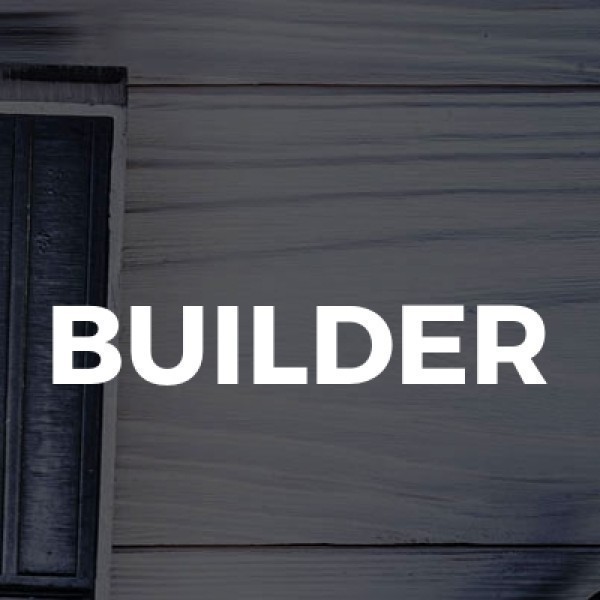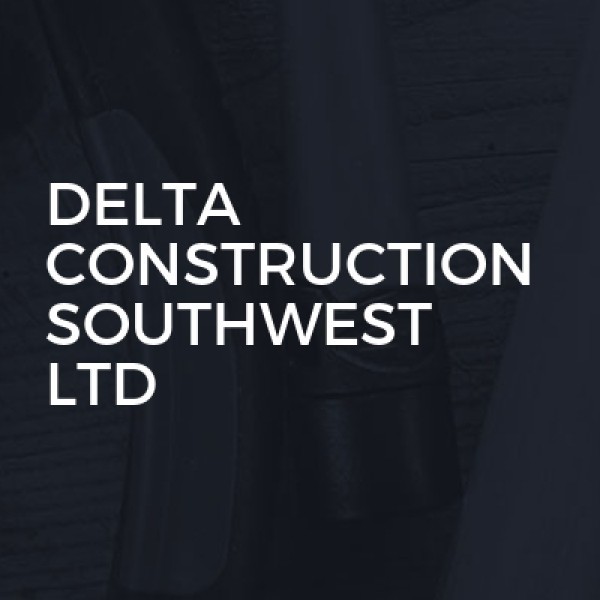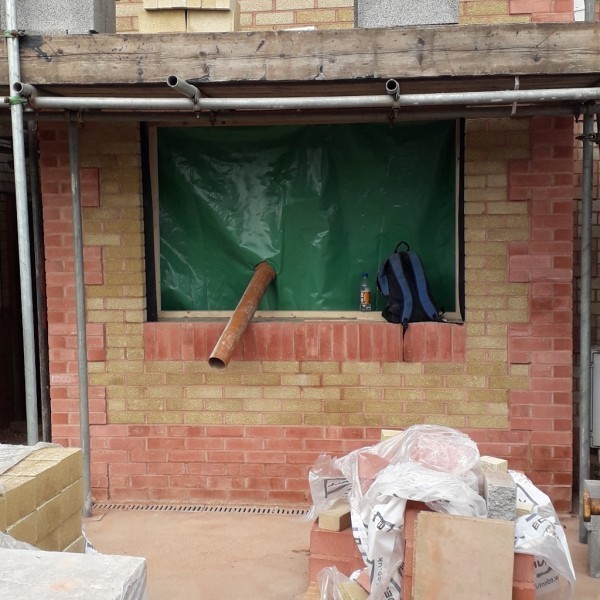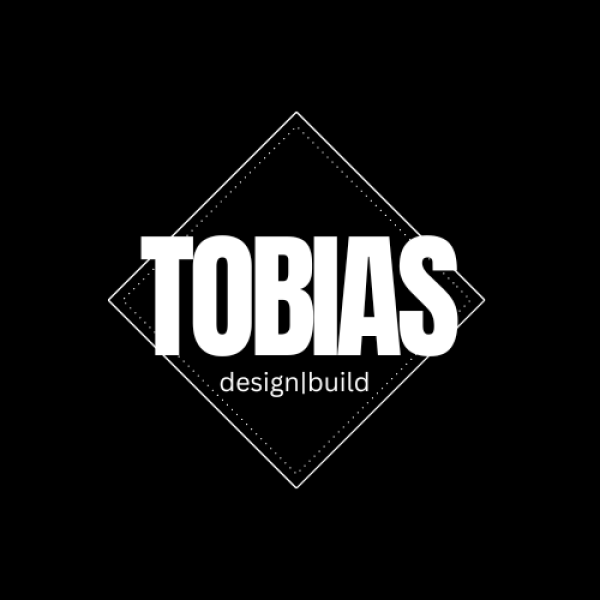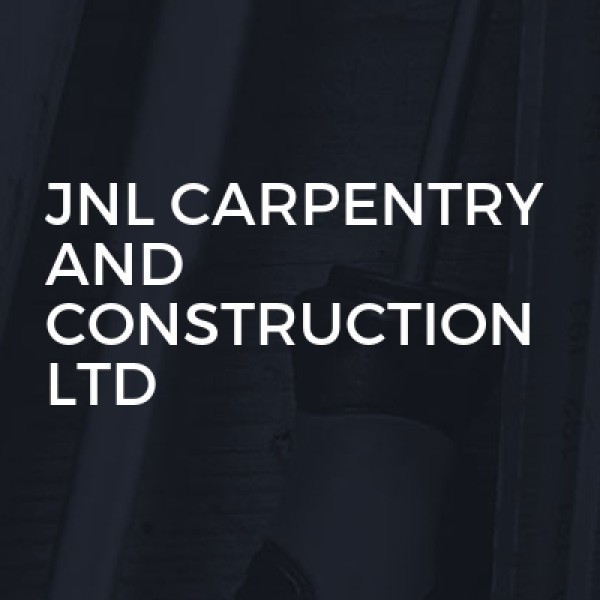Garage Conversions in Clevedon
Search Garage Conversions in places nearby
Understanding Garage Conversions in Clevedon
Garage conversions in Clevedon are becoming increasingly popular as homeowners seek to maximise their living space without the hassle of moving. This charming seaside town offers a unique blend of historical charm and modern living, making it an ideal location for such transformations. In this article, we'll explore the ins and outs of garage conversions, providing you with a comprehensive guide to transforming your garage into a functional and stylish space.
The Benefits of Garage Conversions
Garage conversions offer numerous benefits, making them an attractive option for homeowners in Clevedon. Firstly, they provide additional living space without the need for an extension, which can be both costly and time-consuming. Secondly, converting a garage can significantly increase the value of your property, offering a high return on investment. Lastly, it allows for creative freedom, enabling you to design a space that perfectly suits your needs, whether it's a home office, gym, or guest room.
Cost-Effectiveness
One of the most compelling reasons to consider a garage conversion is its cost-effectiveness. Compared to building an extension, converting an existing garage is typically more affordable. This is because the basic structure is already in place, reducing the need for extensive construction work. Additionally, planning permission is often not required, saving both time and money.
Increased Property Value
Garage conversions can significantly boost the value of your home. By transforming an underutilised space into a functional area, you enhance the overall appeal of your property. Potential buyers are often attracted to homes with additional living spaces, making your property more competitive in the market.
Customisation Opportunities
Another advantage of garage conversions is the opportunity for customisation. You have the freedom to design a space that meets your specific needs and preferences. Whether you envision a cosy guest room, a state-of-the-art home gym, or a quiet home office, the possibilities are endless.
Planning Your Garage Conversion
Before embarking on a garage conversion project, careful planning is essential. This involves assessing the current state of your garage, determining your budget, and considering the intended use of the space. Proper planning ensures a smooth conversion process and a successful outcome.
Assessing the Current State
The first step in planning a garage conversion is to assess the current state of your garage. This includes evaluating the structural integrity, checking for any necessary repairs, and considering the layout. It's important to ensure that the garage is suitable for conversion and that any issues are addressed before proceeding.
Determining Your Budget
Setting a budget is a crucial aspect of planning a garage conversion. Consider the costs associated with materials, labour, and any additional features you wish to include. It's advisable to obtain quotes from multiple contractors to ensure you receive a fair price. Remember to factor in any unexpected expenses that may arise during the conversion process.
Considering the Intended Use
When planning a garage conversion, it's important to consider the intended use of the space. This will influence the design and layout of the conversion. For example, a home office may require additional electrical outlets and internet connectivity, while a gym may need reinforced flooring and ventilation. Clearly defining the purpose of the space will guide your design decisions.
Designing Your Garage Conversion
Once you've planned your garage conversion, it's time to focus on the design. This involves selecting materials, choosing a layout, and incorporating any desired features. A well-designed conversion not only enhances the functionality of the space but also adds aesthetic value to your home.
Selecting Materials
Choosing the right materials is crucial for a successful garage conversion. Consider factors such as durability, insulation, and aesthetics. For example, insulated walls and flooring can improve energy efficiency, while high-quality finishes can enhance the overall look of the space. It's important to select materials that align with your budget and design vision.
Choosing a Layout
The layout of your garage conversion should be carefully considered to maximise the use of space. Think about the flow of the room and how different areas will be utilised. For instance, if you're creating a home office, ensure there's ample space for a desk and storage. If it's a guest room, consider the placement of furniture to create a welcoming atmosphere.
Incorporating Desired Features
Incorporating desired features into your garage conversion can enhance its functionality and appeal. This may include built-in storage solutions, custom lighting, or unique design elements. Consider how these features will contribute to the overall use and enjoyment of the space.
Legal Considerations for Garage Conversions
Before proceeding with a garage conversion, it's important to understand the legal considerations involved. This includes obtaining any necessary permits, adhering to building regulations, and ensuring compliance with local planning laws. Navigating these legal requirements is essential to avoid potential issues down the line.
Obtaining Permits
In many cases, garage conversions do not require planning permission, especially if the work is internal and does not alter the structure's appearance. However, it's always advisable to check with your local planning authority to confirm whether any permits are needed. This ensures that your conversion complies with local regulations.
Adhering to Building Regulations
Building regulations are in place to ensure that construction work meets safety and quality standards. When converting a garage, it's important to adhere to these regulations, which may cover aspects such as insulation, ventilation, and fire safety. Consulting with a professional can help ensure that your conversion meets all necessary requirements.
Compliance with Local Planning Laws
In addition to building regulations, it's important to ensure compliance with local planning laws. This may include restrictions on the use of the converted space or limitations on external changes to the property. Understanding these laws is crucial to avoid any legal complications.
Hiring Professionals for Your Garage Conversion
While some homeowners may choose to tackle a garage conversion as a DIY project, hiring professionals can ensure a high-quality result. Experienced contractors and designers bring valuable expertise to the table, helping to streamline the conversion process and achieve your desired outcome.
Choosing the Right Contractor
Selecting the right contractor is a critical step in a successful garage conversion. Look for professionals with experience in similar projects and a proven track record of delivering quality work. It's also important to check references and read reviews to ensure you're hiring a reputable contractor.
Working with Designers
Collaborating with a designer can enhance the aesthetic appeal of your garage conversion. Designers can provide valuable insights into layout, materials, and finishes, helping to create a cohesive and stylish space. Their expertise can also ensure that the design aligns with your vision and budget.
Ensuring Quality Workmanship
Quality workmanship is essential for a successful garage conversion. This involves attention to detail, adherence to building standards, and a commitment to excellence. By hiring skilled professionals, you can ensure that your conversion is completed to a high standard, resulting in a space that is both functional and visually appealing.
Common Challenges in Garage Conversions
While garage conversions offer numerous benefits, they can also present certain challenges. Being aware of these potential obstacles can help you prepare and address them effectively, ensuring a smooth conversion process.
Structural Issues
One common challenge in garage conversions is addressing structural issues. This may include repairing cracks, reinforcing walls, or addressing dampness. It's important to identify and resolve these issues early in the process to ensure the stability and safety of the converted space.
Insulation and Heating
Garages are often not designed for comfortable living, so insulation and heating can be a challenge. Proper insulation is essential to maintain a comfortable temperature and improve energy efficiency. Additionally, installing an effective heating system can ensure the space is usable year-round.
Lighting and Ventilation
Lighting and ventilation are crucial considerations in a garage conversion. Natural light can be limited, so incorporating windows or skylights can enhance the space. Adequate ventilation is also important to ensure air quality and prevent moisture build-up. Addressing these factors can significantly improve the comfort and usability of the converted space.
Creative Ideas for Garage Conversions
Garage conversions offer endless possibilities for creativity and innovation. Whether you're looking to create a functional workspace or a relaxing retreat, there are numerous design ideas to explore.
Home Office
With the rise of remote work, converting a garage into a home office is a popular choice. This provides a dedicated workspace away from the distractions of the main house. Consider incorporating ergonomic furniture, ample storage, and a reliable internet connection to create an efficient and comfortable office environment.
Guest Room
A garage conversion can also serve as a welcoming guest room. This provides a private space for visitors, complete with comfortable furnishings and essential amenities. Consider adding an en-suite bathroom for added convenience and privacy.
Home Gym
For fitness enthusiasts, a home gym is an ideal use for a converted garage. This allows you to create a personalised workout space with all the equipment you need. Consider installing mirrors, rubber flooring, and proper ventilation to enhance the functionality of the gym.
Maintaining Your Converted Garage
Once your garage conversion is complete, regular maintenance is essential to ensure its longevity and functionality. This involves routine inspections, cleaning, and addressing any issues that arise.
Routine Inspections
Conducting routine inspections can help identify any potential issues early on. This includes checking for signs of wear and tear, assessing the condition of the insulation, and ensuring that all systems are functioning properly. Regular inspections can prevent minor issues from escalating into major problems.
Cleaning and Upkeep
Keeping your converted garage clean and well-maintained is important for preserving its appearance and functionality. Regular cleaning, including dusting, vacuuming, and wiping down surfaces, can help maintain a fresh and inviting space. Additionally, addressing any repairs promptly can prevent further damage.
Addressing Issues Promptly
If any issues arise in your converted garage, it's important to address them promptly. This may include repairing leaks, fixing electrical problems, or addressing structural concerns. Timely maintenance can prevent further damage and ensure the continued enjoyment of your converted space.
Frequently Asked Questions
1. Do I need planning permission for a garage conversion in Clevedon?
In most cases, planning permission is not required for a garage conversion, especially if the work is internal. However, it's always advisable to check with your local planning authority to confirm any specific requirements.
2. How much does a garage conversion cost in Clevedon?
The cost of a garage conversion can vary depending on factors such as the size of the garage, the materials used, and the complexity of the design. On average, you can expect to pay between £10,000 and £20,000 for a standard conversion.
3. How long does a garage conversion take?
The duration of a garage conversion can vary depending on the scope of the project. On average, a standard conversion can take between 4 to 6 weeks to complete. However, more complex projects may take longer.
4. Can I convert a detached garage?
Yes, detached garages can be converted into functional living spaces. However, additional considerations may be needed, such as connecting utilities and ensuring adequate insulation.
5. What are the most popular uses for converted garages?
Popular uses for converted garages include home offices, guest rooms, home gyms, and playrooms. The intended use will influence the design and layout of the conversion.
6. How can I ensure my garage conversion is energy efficient?
To ensure energy efficiency, consider incorporating insulation, energy-efficient windows, and LED lighting. Additionally, installing a programmable thermostat can help regulate temperature and reduce energy consumption.
In conclusion, garage conversions in Clevedon offer a fantastic opportunity to enhance your living space and add value to your home. By carefully planning and executing your conversion, you can create a functional and stylish area that meets your needs and complements your lifestyle. Whether you're looking to create a home office, guest room, or gym, the possibilities are endless. With the right approach and professional guidance, your garage conversion can be a rewarding and successful project.






